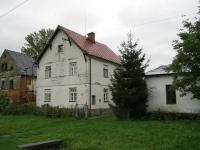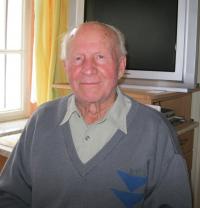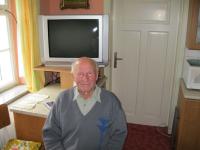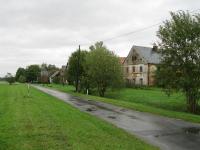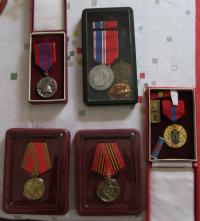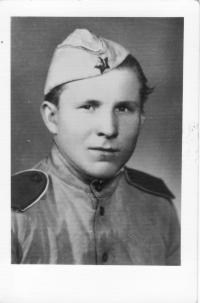In the war I finally found out what it is like when you are afraid of your life
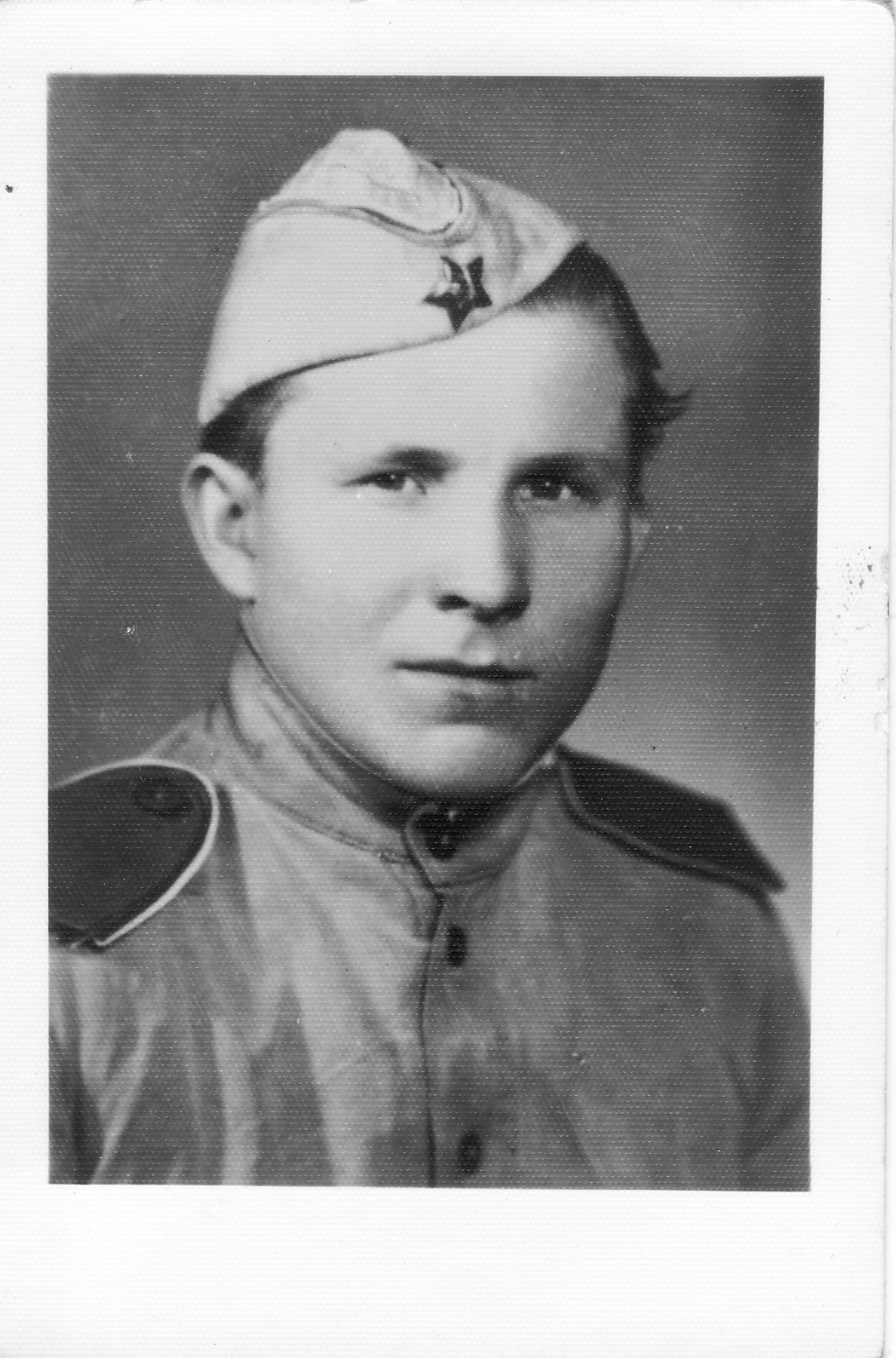
Download image
Jan Kuruc was born in 1926 in Regetovka, Slovakia. His parents were Rusyns. His older brother Demiter fought in the Slovak army but he deserted and was hiding at home for several months. Then he joined the Czechoslovak forces together with the other brother Petr. After the arrival of the Red Army, Jan joined the 4th Ukrainian Front where he fought until the liberation of Czechoslovakia. His unit was then supposed to fight with Japanese forces but Jan left the army and returned home. He moved for work to Sudetenland and later served the compulsory army service. At the same time he met his future wife Alžběta Bachmannová and they moved together to Krasov in North Moravia, at the Czechoslovak-Polish border. He worked as a driver for army children’s sanatorium. Died in 2015.
